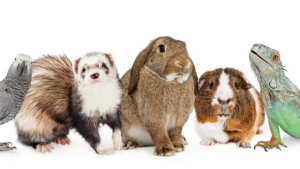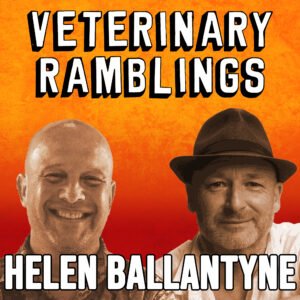Helen started her career with a degree in Pharmacology but quickly realised that actually she simply didn’t have the patience to design and trial new drugs. Seeking out a role that offered faster professional gratification she qualified as a Veterinary Nurse in 2005, taking a special interest in medical nursing. Her magical nursing tricks included getting anorexic cats to eat and placing cannulas in fitting dogs.
A vocation, combined with a desire for more learning and a more robust career ladder washed over her in about 2013 and she surprised her nearest and dearest by declaring she wanted to be a ‘human nurse’. Of course, there were those who indicated to her that she was already human, but she took the jokes and retrained anyway.
After a catalogue of professional faux paux during her training, calling the family of patients their owners and telling a leading consultant that she had put the notes back on the patient’s kennel, instead of their bed she settled into human-centred nursing finding a fascinating specialism in Transplant Medicine.
Today she is a Transplant Coordinator in Cambridge, day to day she supports living kidney donors through the process of donation. She also holds an on-call role, managing the logistics of matching, retrieving and transplanting abdominal organs from deceased donors.
Helen remains an RVN and has developed a strong interest in the principles of One Health and is the current chair of the UK One Health Coordination Group. She is particularly interested in elements of nursing that might be shared between the veterinary and medical sectors.
Her first textbook, Veterinary Nursing Care Plans: Theory and Practice was published in 2018. She completed a MSc in Healthcare Management in 2021 and is thinking hard about her next project!





